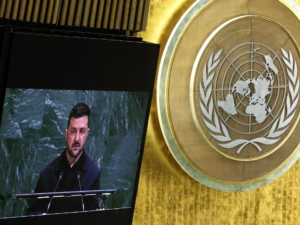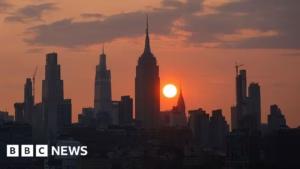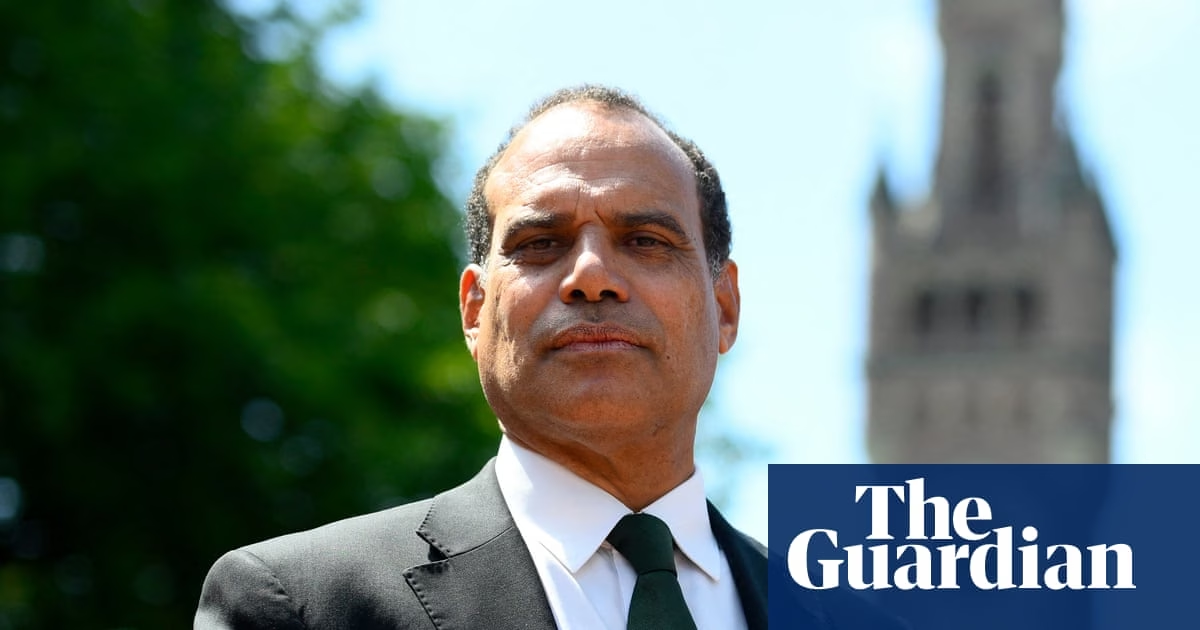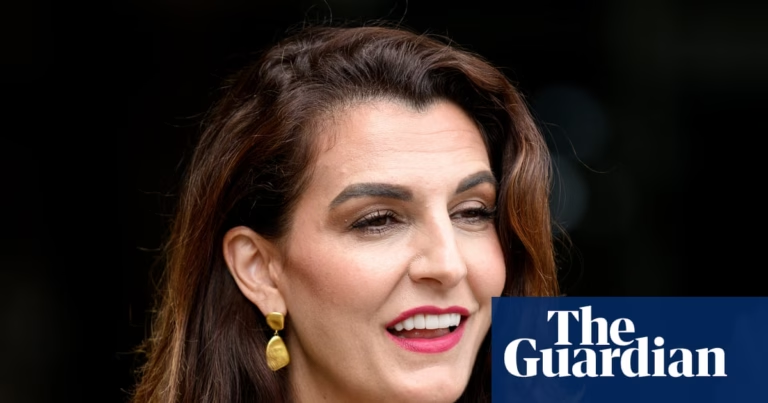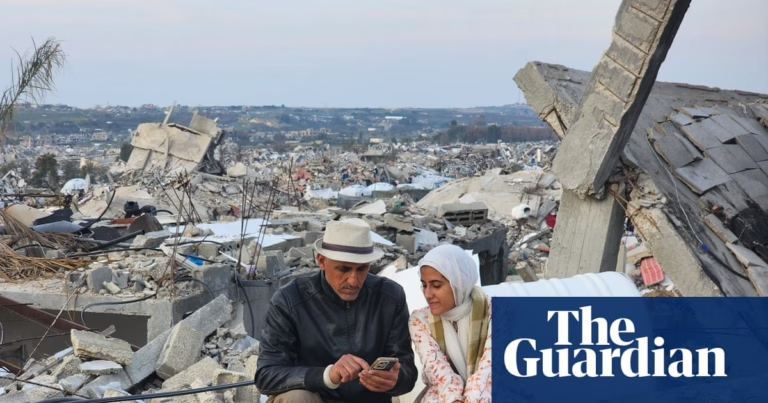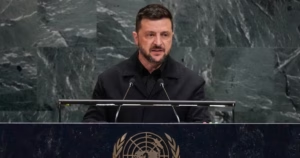Vanuatu is taking steps to secure a UN vote aimed at turning a landmark decision from the international court of justice (ICJ) on the climate crisis into solid political actions that will challenge the fossil-fuel industry and safeguard the planet against ecological disaster.
Led by the small Pacific island nation, the ICJ issued a unanimous advisory opinion in July, clarifying that all countries are obligated under international law to protect the climate, prevent further damage, and are duty-bound to work together.
This legal obligation to confront the climate crisis is much broader than the 2015 Paris agreement, which Donald Trump pulled the US from at the beginning of his term in office. Any failure to meet this obligation can expose countries to claims of restitution, including compensation.
“We’re at the front lines in the Pacific, but no country—including the US—is immune to climate change. We’re taking action on everyone’s behalf,” stated Ralph Regenvanu, Vanuatu’s Minister of Climate Change.
Our main priority is to create a framework outside of the UN climate talks (Cop), leveraging tools like the ICJ advisory opinion, to externally influence the process and compel nations to meet their obligations under international law.
This comes after Trump’s UN General Assembly address, where he dismissed the climate crisis as a “scam” and subtly threatened nations supporting renewable energy projects, policies he is actively undoing in the US while increasing fossil-fuel production.
Fossil fuel production and consumption are driving the climate crisis, causing lethal extreme weather events across the US, such as heatwaves, hurricanes, drought, and wildfires, which he did not mention in his climate change denial at the UN.
In sharp contrast, Vanuatu, an island nation near northern Australia whose 330,000 inhabitants, culture, food supplies, and land are severely threatened by the climate crisis, has a history of leadership in climate diplomacy.
Vanuatu first pushed for a loss-and-damage fund in 1992, a policy finally adopted at the 2023 Cop in Dubai, and has advocated for the recognition of ecocide as a fifth crime against humanity.
The ICJ judges ruled that 1.5C is a legally binding and non-negotiable limit with all nations required to implement evidence-based measures to reduce greenhouse-gas emissions and protect the climate system.
Government support for fossil fuels through subsidies and licenses may be considered an “internationally wrongful act” attributable to that country, according to the advisory opinion.
The fossil-fuel industry has dominated politics, media, and public discourse, and it represents the main barrier to addressing climate change and implementing the ICJ’s decision.
The fossil-fuel industry invested at least $445m in the last US election cycle to sway politicians, including Trump and Republicans. After reelection, Trump drastically reduced environmental rules and provided oil and gas companies with $18bn in tax breaks.
The US has recently retracted its pledges to climate finance due to its reliance on fossil fuels and has pulled out from key international climate forums and the International Maritime Organization (IMO), risking retaliatory measures against global efforts to transition to renewable energy.
Amid growing challenges and geopolitical tensions, Vanuatu seeks a UN resolution, expected to be tabled after Cop30 in Belen, Brazil, aiming to convert ICJ findings into practical commitments, though not likely to receive unanimous approval.
It’s crucial we move away from consensus-based decision-making, as a few nations can hold others hostage and block new ecological protection agreements. The UN General Assembly, where a majority vote is required, might offer a safer route. But the US absence can hinder progress; they are already experiencing climactic disasters monthly, suggesting a reckoning is inevitable.
Source: https://www.theguardian.com/world/2025/sep/24/vanuatu-climate-change-fossil-fuel-industry-influence
